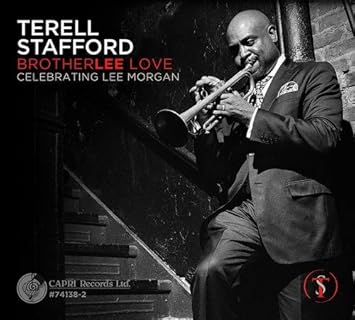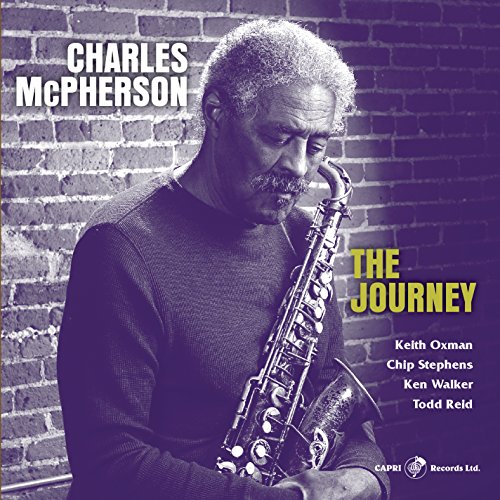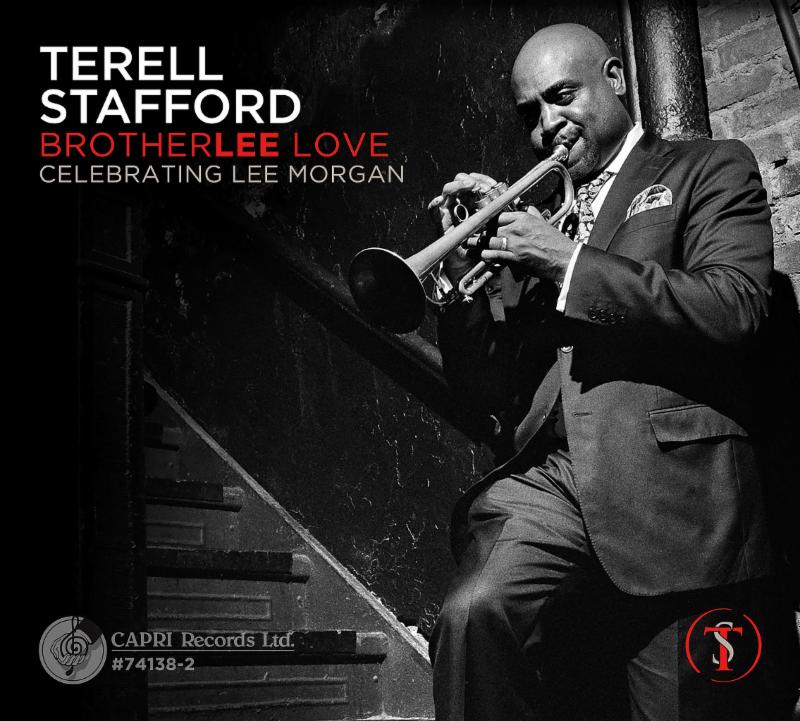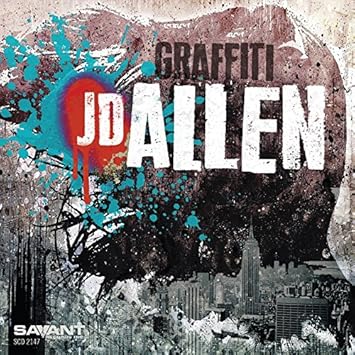Jazz pianist Pamela Wise is a Detroiter, music educator, mentor, a proponent of Afro-Cuban jazz, and a gifted pianist with history and all types of musical spirits coursing through her fingers. Kindred Spirits is her new recording. Eight years has passed since her last studio recording Pamela’s Club. That’s a long time to keep her fan base waiting. However, 10 minutes into Kindred Spirits you’ll feel it was worth the wait. The album is phenomenal and cuts such as Hometown, Danis’s Bounce, and Ancestors will stay in your system for weeks. There’s swing, poetry, and even chunks of African-American history worked in. Last week, I Dig Jazz asked Wise some questions about the inspiration behind Kindred Spirits. Here’s how Wise broke it down.
Your last album, Pamela’s Club, was released eight years ago. Why did you wait so long to make Kindred Spirits?
I wanted to take my time to think about what my next project would be. In addition, most jazz listeners are at least 10 years behind in terms of listening to any new music, let alone new releases. So, I wasn't really thinking about how long it had been since my last release.
What is the overall message you wanted to convey?
The message of Kindred Spirits is basically getting back to unity in the community and addressing some of the needs and concerns of our people. Some of the tracks such as Farewell To The Welfare, Can't Use A Sellout, and What We Need are from the concept of Wendell, Marcus Belgrave and Phil Ranelin's Tribe band and record label. Kindred Spirits continues that trend, conveying the 70's vibe of poetry, jazz, funky beats that reflect the political climate of that time. The track Hometown is a song about Detroit bankruptcy, corruption, etc.
Phil Ranelin's What We Need speaks to the issues of community needs including knowledge, true education, love for ourselves and our brothers and sisters; Harrison's Can't Use A Sellout, even though written in the 70's is certainly right on time. (I am sitting here LMAO just thinking about it). My good friend and poet master Pastor Mbiyu Chui highlights the accomplishments and teachings of our great leader Marcus Garvey.
Ode To Black Mothers speaks about the positive images and appreciation we should have about our women. Word Masters speaks to our highly intellectual abilities to communicate. Vocalist Ashaki Zeigler performs the lyrics of Vanessa Rubin’s Speak No Evil by Wayne Shorter, which states we should treat each other a little better. The drum and percussion work of Mahindi, Akunda, Greg and Uche on the track Ancestors is dedicated to those who have gone before us. In the African tradition, we pour libations and to those we say Ashe’ and Amen.
What were some of the challenges you faced making such a multi-layered album?
Actually, it was no problem as a creative artist. I am a product of the late 60's and 70's. I grew up listening to everything and was also inspired by artists from that time period who performed and recorded more than one style of music such as Kool & The Gang, Earth Wind & Fire, the O Jays and many more. As far as marketing, I think variety is good because there is something for everyone. I also thought I would have a hard time with marketing, specifically because of its Afro-Centric content, but it is black art and anyone who embraces our culture will like it.
Some damn good Detroit jazz musicians such as John Douglas, Ralphe Armstrong, Djallo Djakate, and your husband Wendell Harrison are on the album. Will you talk about your affinity for Detroiters?
It goes without saying that I have an affinity for artists that live in Detroit. First of all, I have created a sound over the years with these artists. Detroit has its own groove and sound that is identifiable and I wanted to capture that sound. Everyone wants to get someone who is internationally known, but I will let you in on a secret: Wendell and Ralphe are known all over the world.
They just happen to live in Detroit. I have been working with percussionists Djallo Djakate, Mahindi, Akunda and Greg Freeman for a very long time and we have developed a sound with the Detroit Afro-Cuban style. John Douglas and Damon Warmack were students of mine long ago during a Summer Youth Arts program and we have been working together since.
Vocalists Ashaki Zeigler and Ping Spells are some friends that I have been working with for a very long time, so I knew we wouldn't have any problem doing this project. Wayne State grads bassist Mike Palazoola and guitarist Jacob Schwandt are setting the pace for the next generation of jazz players from Detroit that have been on the scene for the last couple of years working in the trenches with Wendell, myself and others.The project would have been different without the above-mentioned artists because the result of having played with these musicians for a number of years. You develop a musical relationship and language with one another.
 |
| Pamela Wise |
What is your take on the state of jazz in Detroit?
I think the state of Jazz and the whole concept of music in Detroit is under recognized. I am executive director of a non-profit arts organization founded by Wendell and Harold McKinney called Rebirth Inc.. We obtain grant funding to perform Jazz concerts at schools, community centers in the Detroit Metropolitan area. I find in visiting the schools, the children really like jazz, but many have not been exposed to it. Experiencing jazz performed live by professional artists gives our youths insight and generates enthusiasm. More of a collaborative effort is needed between our school administrators and arts organizations to make jazz music and other art forms available to our children, resulting in building an appreciation and future audience for the arts in general. Participation in art activities also helps to foster lasting relationships between youths and caring adults.
How has Detroit's jazz scene changed in the last decade?
I have noticed more young lions on the scene that have a passion for jazz, which is great! These young lions will seek out master musicians such as Wendell and the late Marcus Belgrave to further learn outside of school. Kudos go to organizations such as Rebirth, Arts League of Michigan-Virgil Carr Center, and Detroit Jazz Fest/Mack Avenue to name a few. These organizations are a team of dedicated music educators that venture where no other man has gone before to teach our children. Often, they are faced going into a school that has no music curriculum or any interested students.I have noticed a decline in jazz venues, which limits the ability for young artists to grow. It's a tough game for club owners as they struggle to keep their doors open and a tough game for the artists who struggles to make a living at their craft.
You and Wendell have been putting out your own music independently for decades. How difficult is it nowadays to continue that?
Tools such as cdbaby are very helpful in putting music by independent artists in the market place and will assist in digital distribution. It is a little easier nowadays than it was before. The use of social media is also helpful. However, there are things that you have to watch out for because just the other day I viewed a site where someone was selling my music without permission.Wendell and Phil Ranelin have worked relentlessly for over 30 years to build contacts all around the world that started with Tribe Records. To this day, those relationships continue. Kindred Spirits will be released in Japan in July and prospects in the UK linger. However, the effort to build new contacts must be concentrated on as well as recording new artists to keep the conversations between our partners fresh and new.







